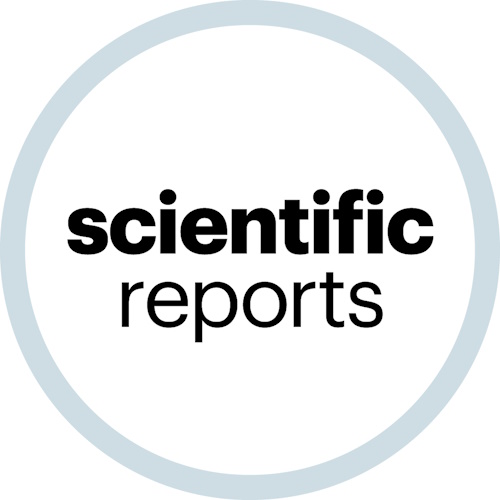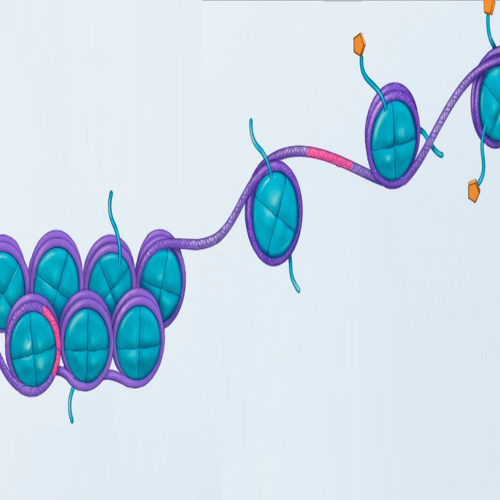Key points from article :
People with epigenetic ages greater than chronological age tend to exhibit a greater risk of mortality and presence of age-related disease.
Different clocks developed with the diversity of data used to generate these assessments of age increased.
Disconnected from the well established causative mechanisms of aging,
No way to predict how the outcome will change in response to specific interventions.
Some clocks may be largely measures of downstream effects of chronic inflammation.
The original epigenetic clock is insensitive to exercise.
Epigenetic aging doesn't correlate well with loss of telomere length.
Heart tissue consistently produces younger epigenetic ages than white blood cells.
Does the heart age more slowly than the immune system - or is it an artifact of the clock?
Presence of stem cells in cardiac muscle may explain lower DNAmAge.
Stem cells within myocardial tissue show a DNAmAge close to zero.
New research by University Hospital of Padova published in Scientific Reports.





